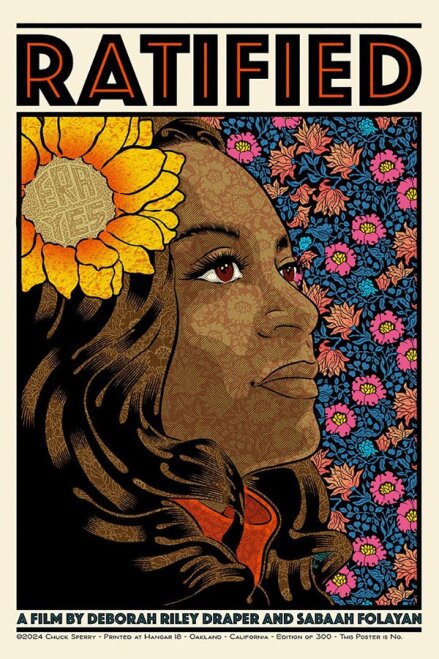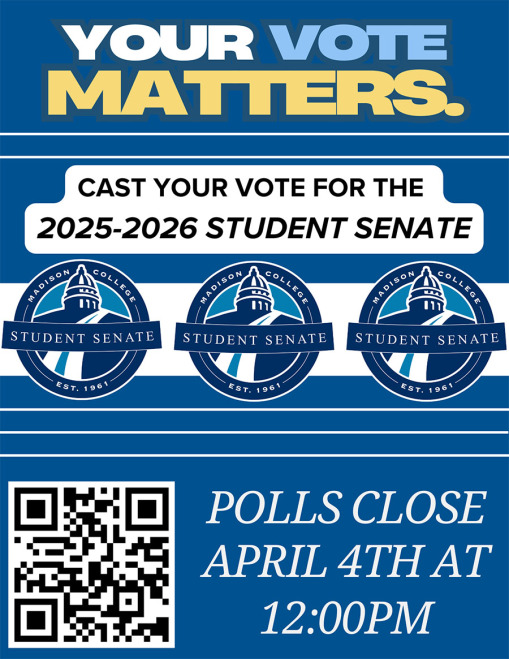Time to live out our racial justice values
October 24, 2017
On Oct. 3, the 16th Annual Racial Justice Summit, organized by the Madison YWCA, began with a moment of silence for the victims of the recent shooting in Las Vegas. The moment of silence was followed by a condemnation of acts of violence that have become all too common in today’s society, a society presently “filled with hate speech and actions,” according to opening speaker and YWCA CEO Vanessa McDowell.
As she continued her opening of the annual event, McDowell went on to speak briefly about her experiences as the first woman of color to lead the YWCA, an organization that has been around for 109 years. She made it clear that it was her charge “to make sure that the next generation is not experiencing firsts… that it will be a norm to see people of color leading change in all facets of the Madison community,” directly pointing to the injustice woven deeply in the very fabric of our community and our country.
After a round of applause for McDowell’s message, she said something that stuck with me for the rest of the Summit. She said, “This is a time where we are to live out our racial justice values together.”
So, there it was; all within the first 5 minutes of the event, we were treated to a heartfelt condemnation of violence, a two-for-one reminder about race-based and gender-based injustice, and a subtle challenge to do something about it all.
It was at this early stage that I began to adjust the lens through which I would see and experience the next two days. Although much more soft-spoken than the rest of the speakers would be over the course of the Summit, I sensed McDowell’s frustrations not only with the people who make the conscious decisions on a daily basis to perpetuate these hate-filled times, but also with those of us who sit idly by and allow them to happen.
I remember looking around at that point – and I would do this periodically throughout the two-day event – and I saw the other attendees becoming so invested in “the cause,” so appalled by the violence and injustice, so inspired by the words spoken to them. Folks stood in ovation of big picture criticisms of the current administration. They whooped in support of juvenile prison reform. Most even enthusiastically nodded approval for ideas that advocated for a more collective, community-based society. And don’t get me wrong; I was right there alongside them.
I distinctly remember thinking how great it was that nearly 1,000 people, some of whom had to travel across the country, had gathered here in Madison to learn about and advocate for racial justice. But then I just couldn’t help myself, and thought, “So what?” I thought to myself, “I’ve seen this movie before. We get together with a large group of like-minded peers, we all get real charged up about some truly noble and important cause, and we talk about what we can do to affect change in our communities.” But that’s just it. We just talk.
It’s the “just talking” that we need to get past. You see, inevitably, a lot of us – and certainly most of us who attended the Summit – will come to the realization that if we don’t do anything, we’ll probably still be pretty well off. But we need to wake up and realize that the streets are on fire, to borrow the words of closing Summit speaker Malachi Larabee-Garza. We need to realize that we can, and need to, make a difference.
That revelation became clearer and clearer to me from the moment McDowell challenged us all in that banquet hall to actually “live out our racial justice values.”
It became clearer and clearer to me as day one plenary speaker Sonali Balajee helped me be truly comfortable with the idea that I didn’t have to “be neutral” in all this racial justice stuff. It became clearer and clearer to me when day two keynote speaker Gyasi Ross challenged me to leverage my privilege as an educated white male to affect change in my community, and when closing speaker Heather Hackman pointed out to me that racial justice is something we have to authentically live, not just perform every few weeks, or every year at a conference.
So now when I think back on the conference, I still use that same skeptical lens I put on in the first few minutes I was there. I think about all the great people, the great stories, the great hope and potential. And to put it all in perspective, I think about what for me was the most impactful experience I had, which was listening to community organizer Malachi Larrabee-Garza talk about taking “bold and audacious love” and transforming it into bold and audacious action.
To echo YWCA CEO Vanessa McDowell, we need to start living out our racial justice values, especially those of us who have privilege or a platform. I don’t have to tell you all how much we need it right now.






























